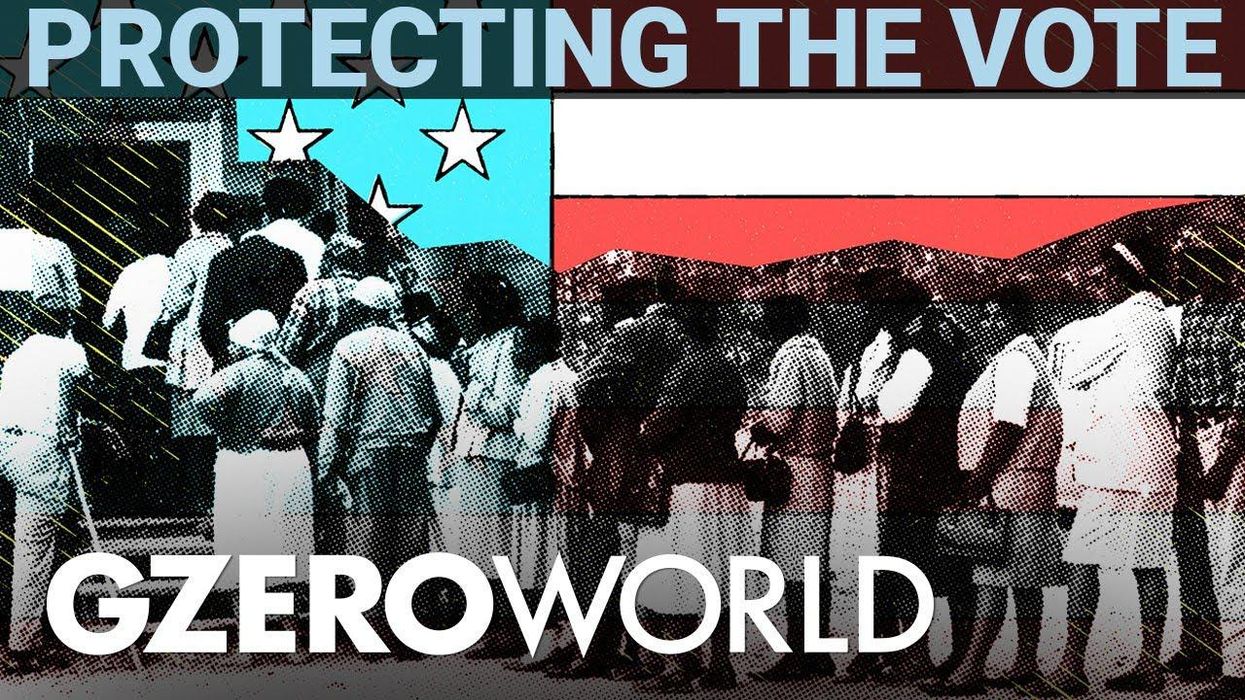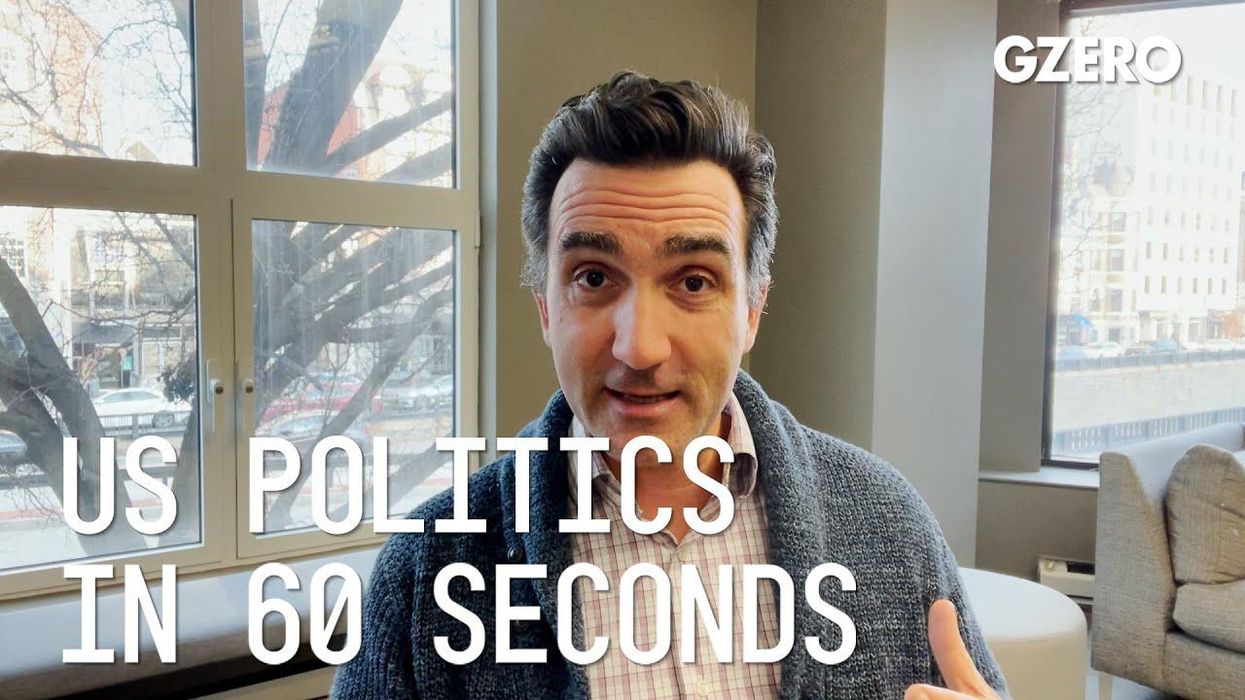GZERO World Clips
The history of Black voting rights in America
Until 1965, Black Americans who wanted to vote first faced faces unanswerable poll questions, and later equally tough literacy tests. The Voting Rights Act banned these and other forms of overt voter suppression. But in 2013, the Supreme Court struck down a key provision of the law, requiring states to get prior federal approval to tweak their voting laws for racial discrimination.
Feb 03, 2022



